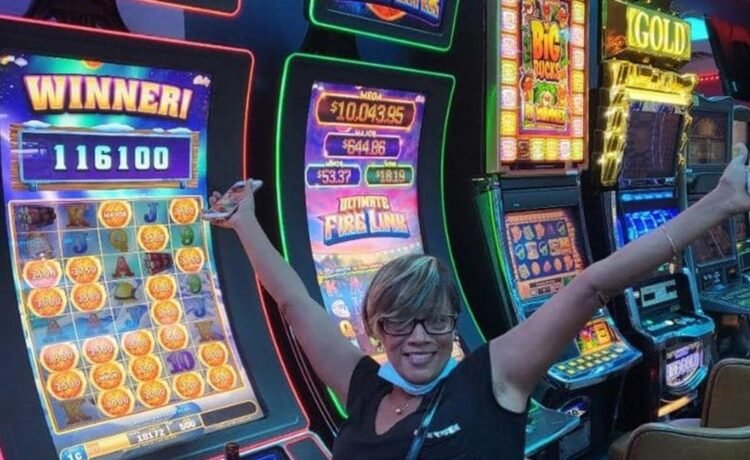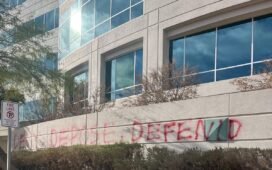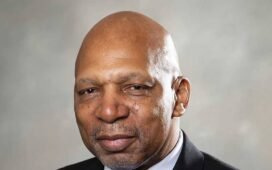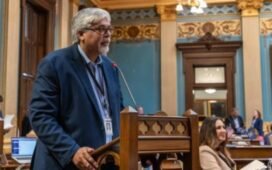Posted on: July 25, 2024, 06:54h.
Last updated on: July 25, 2024, 06:54h.
The owner the Golden Nugget Arcade in Palm Beach Gardens is asking authorities to return the $142,029 in cash seized from the venue when it was shut down for illegal gambling and money laundering in September 2022.
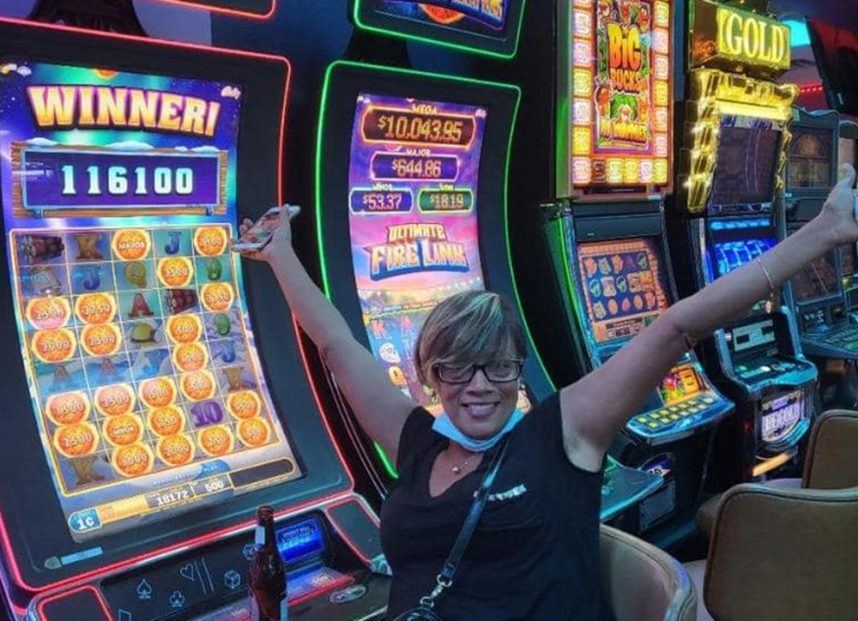
Cynthia Patel, from Dayton, Ohio, claims she purchased the Golden Nugget six months before it was raided by the police, The Palm Beach Post reports.
She argues the money belongs to the business that generated it, and she wants the 15th Judicial Circuit Court of Florida to order the city to give it back.
Florida Crackdown
The Golden Nugget was targeted as part of a wave of raids against illegal slot machines at adult arcades across the state. Since the pandemic, there had been a marked increase in new arcades springing up in strip malls or in vacant stores.
Slot machines that give out cash or prizes are illegal in Florida outside the Seminole Tribe’s six reservations and certain pari-mutuel facilities in Broward and Miami-Dade counties.
The Post reported at the time that Ralph Deluca was the Golden Nugget’s owner. In May 2023, he pleaded guilty to money laundering, keeping a gambling house, working for a gambling house, and unlawful manufacture, sale or possession of coin-operated devices.
He was sentenced to 14 days’ time served and ordered to pay court fees of $900. The Golden Nugget’s manager, Nicholas Fiore, pleaded guilty to the same charges and was sentenced to eight days’ time served.
Case Called ‘Absurd’
City Attorney R. Max Lohman told The Post he was incredulous about Patel’s complaint. He described it as “highly suspect” because she had provided no evidence that she owned the arcade. He also labeled it “absurd,” as the cash had been confiscated because the business had been breaking the law.
The city filed to seize the money through civil forfeiture, a legal process that permits authorities to commandeer property linked to crimes
If you make money selling cocaine, you don’t get the cocaine or the money back,” Lohman said. “In this case, the money is in fact the cocaine. The money wasn’t just the instrumentality of the crime. It is the crime.”
“While it is cash, it is contraband cash,” he added. “It is proceeds from an illegal operation.”
The case is scheduled to be heard by Circuit Judge Luis Delgado on August 23.

